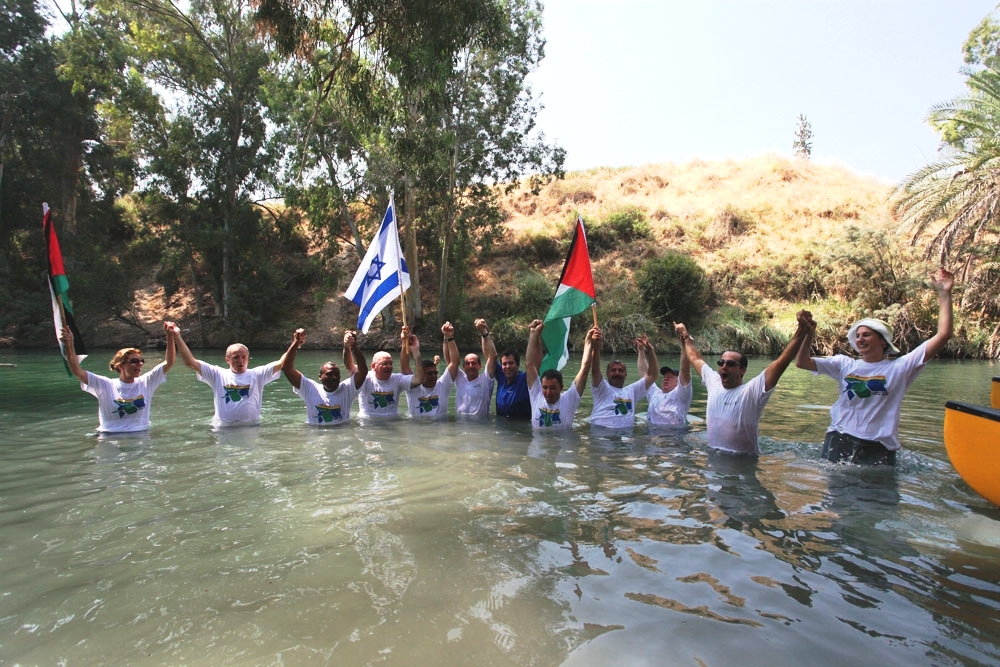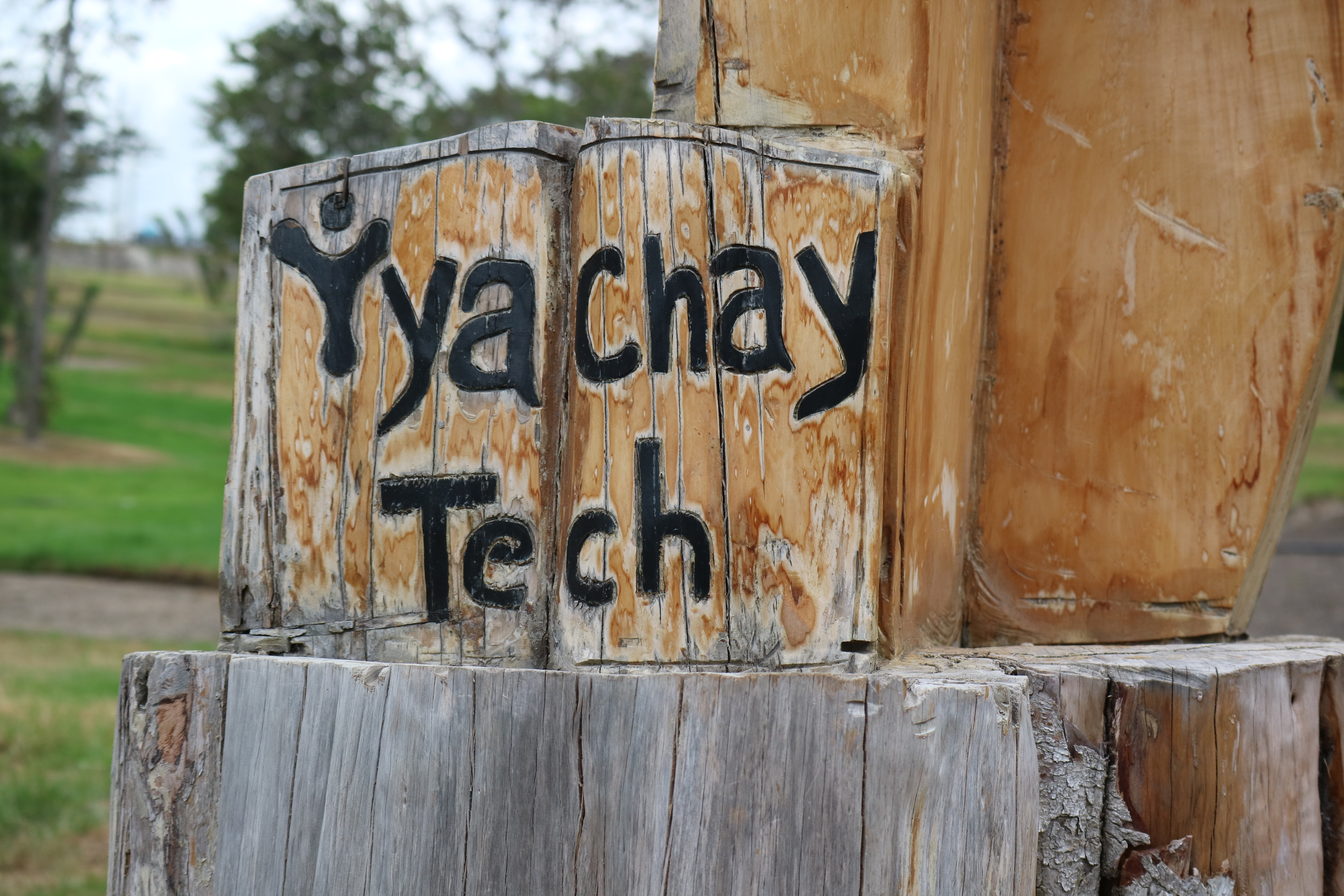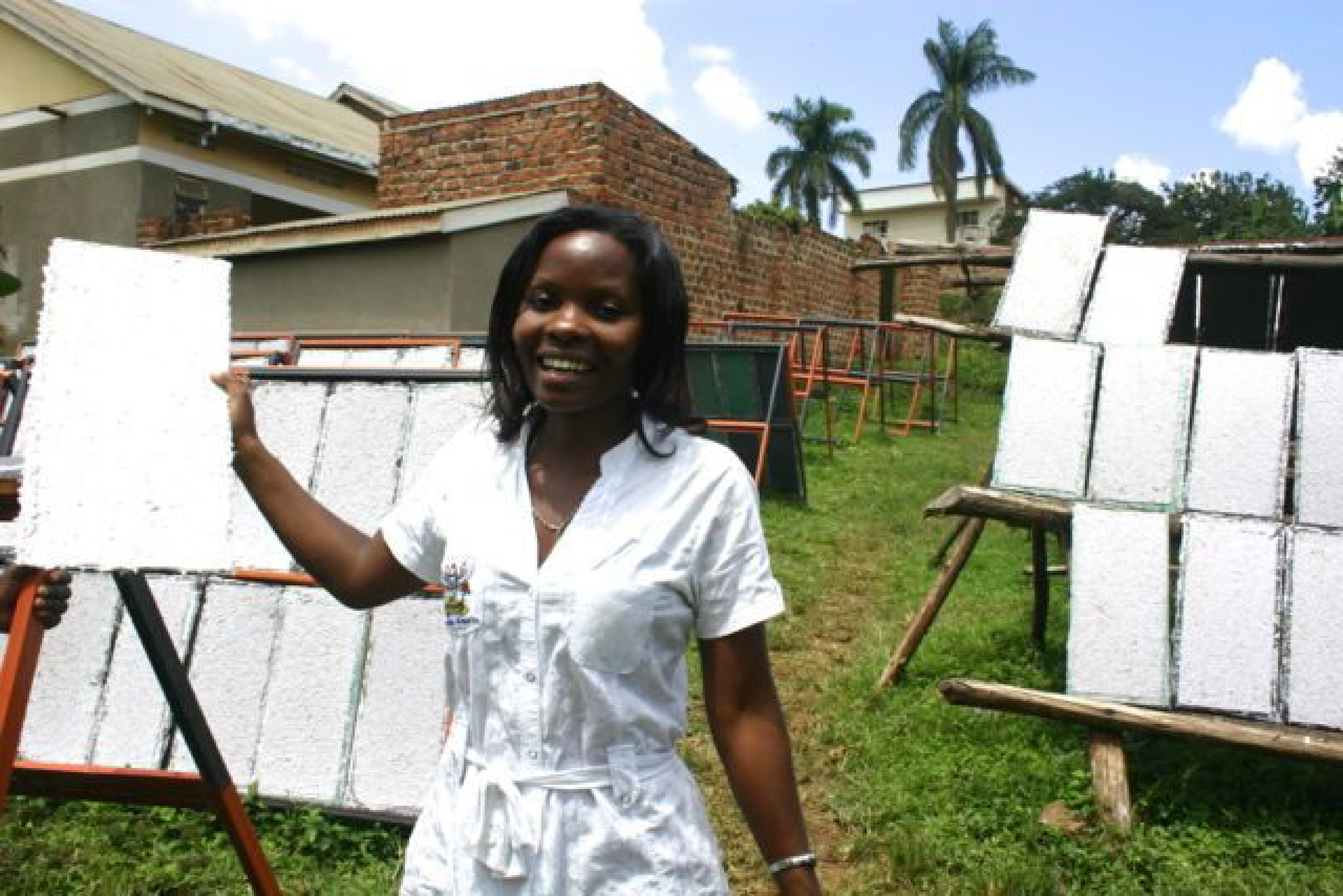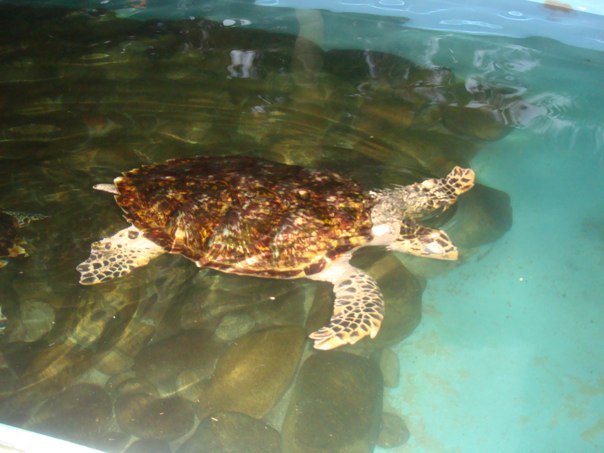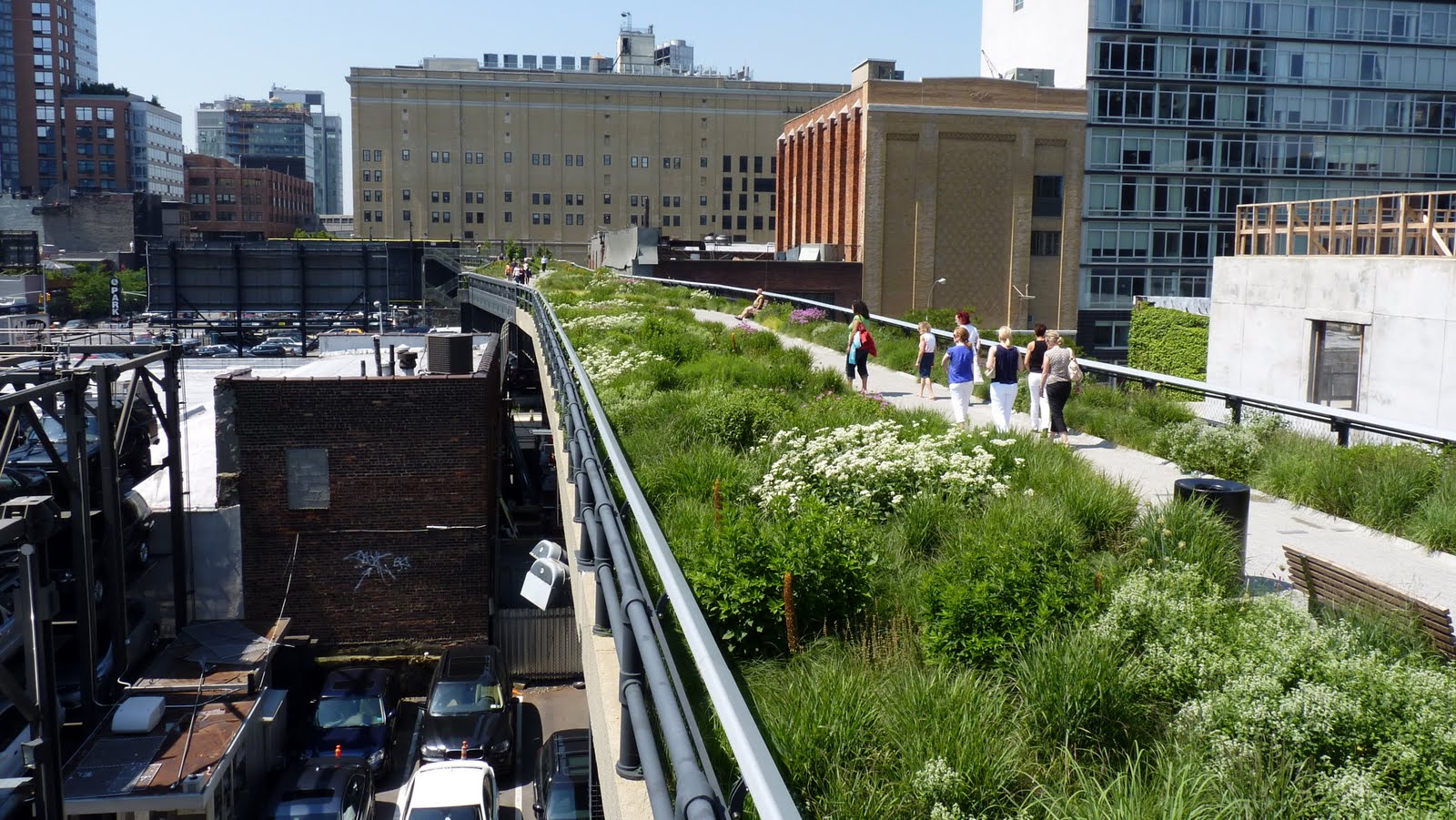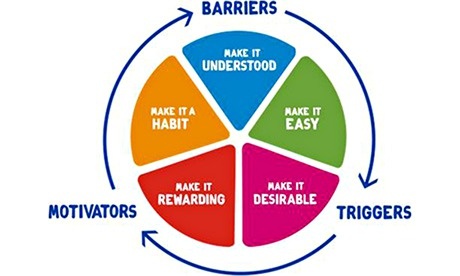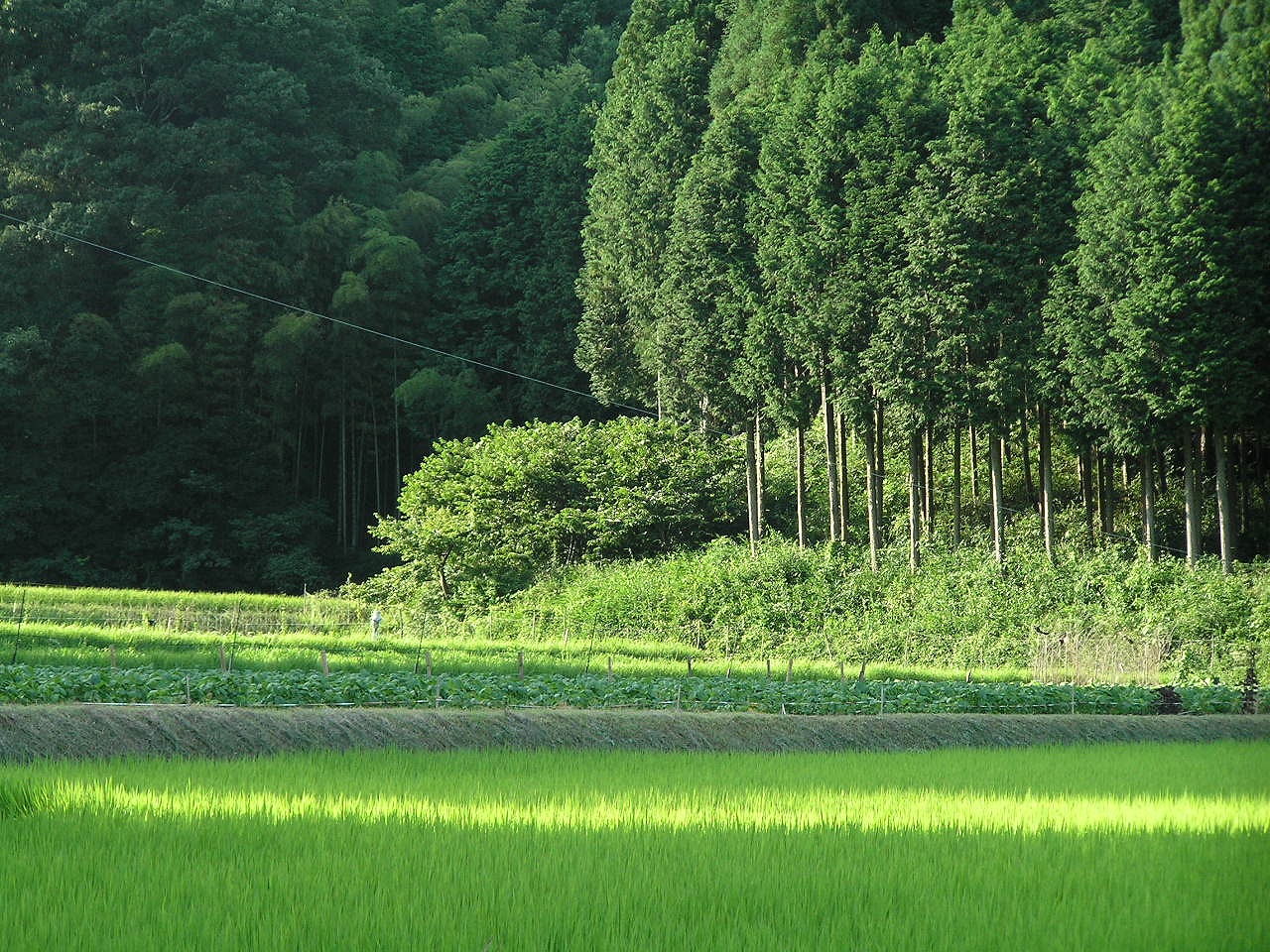EcoPeace Middle East: Environmental Peacemaking for transboundary water management in Israel, Palestine, and Jordan
Citizens of Israel, Palestine, and Jordan know about borders. Crossing between these regions requires rigorous checkpoints and determination. However, the waterway shared between these neighbors, the Jordan River, knows no political boundary. Recently, the Jordan River Basin has experienced massive declines in quality –93 percent of its original flow has been diverted by neighboring states; it is also affected by pollution from sewage, agricultural runoff, and fish pond effluent [...]
